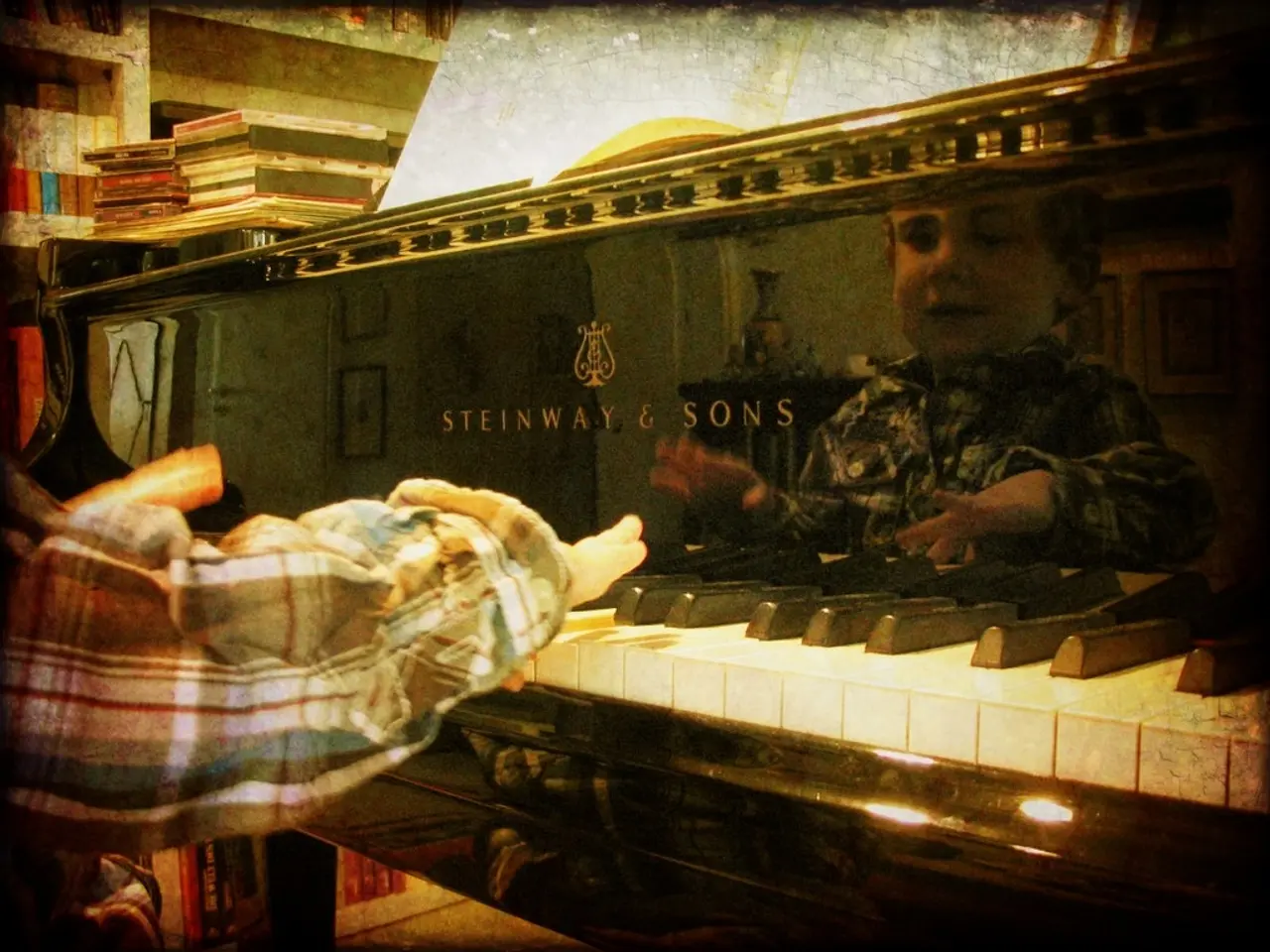Optimal Age for Commencing Piano Instruction in Children
Article Title: Finding the Right Age for Young Children to Start Piano Lessons
The question of when is the best time for young children to start taking piano lessons is one that has been debated among music educators. However, many experts agree that the optimal age range for children to begin their musical journey on the piano is roughly between 5 and 8 years old.
This recommendation balances the development of motor skills, attention span, cognitive readiness, and physical hand size necessary for playing the piano effectively.
Motor Skills and Hand Development
By age 5 or 6, children's fingers and hands have typically developed enough to press five different keys independently, an essential physical prerequisite for piano playing.
Attention Span and Ability to Follow Instructions
Around age 6, most children can sit still for 20-30 minute lessons, follow multi-step instructions, and retain information from week to week. This supports formal lessons that build technical and artistic skills.
Cognitive Function and Brain Development
The period from about 4 to 12 years is critical for auditory processing, memory capacity, and creative self-expression. Starting piano during this window leverages peak brain plasticity to develop these skills.
Readiness Beyond Chronological Age
Readiness is also measured by the child's interest, ability to concentrate, and emotional maturity. Some children may be ready slightly earlier or later depending on individual differences.
Some programs encourage informal musical exposure as early as infancy to age 3 through listening and play, but formal structured lessons with technical goals are generally most effective starting at around age 6.
Tailoring Lessons for Young Children
Piano instructors who specialize in teaching young children often use creative and interactive methods to keep lessons fun and engaging. This approach helps to maintain a child's interest and ensures they continue to progress under the tutelage of a proficient piano teacher.
Choosing the Right Method
Choosing the right time for a child to start taking piano lessons and the right method can help the child establish the right foundation for a lifetime of music making. Whether it's private lessons offering individualized attention or group lessons providing a social environment and a sense of camaraderie, the key is to keep the child interested and motivated in their musical journey.
In conclusion, the best balance of physical readiness, cognitive capacity, and attention skills typically makes age 6 an optimal age to begin formal piano lessons, with a range from 5 to 8 years being common depending on the individual child’s development and interest.
- For children with a developing interest in music theory, starting formal piano lessons between 5 and 8 years old can help build technical and artistic skills essential for a lifetime of music making.
- Some who prefer a more relaxed approach might opt for home-and-garden activities or entertainment that incorporate elements of music, such as playing instruments alongside their favorite songs.
- Aware parents might embrace education-and-self-development opportunities, like learning about the life of a composer and their works, to provide a broader understanding of music beyond just playing the piano.
- As a child progresses from being a beginner to an advanced pianist, continuing lessons can help refine their skills and deepen their appreciation for music.
- In today's lifestyle, some view music education as an integral part of overall development, fostering creativity, emotional expression, and discipline in young children.





